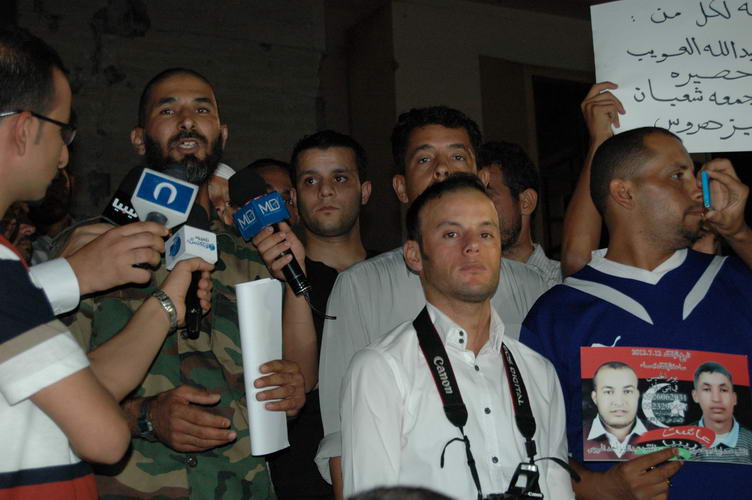Tripoli, 19 July:
UNICEF is supporting the Libyan Government to enhance the availability and quality of Early Childhood Development services to children . . .[restrict]across the country.
As part of this support, the Libyan Department of Early Childhood Development (ECD) within the Ministry of Education yesterday held its second panel discussion on the importance of ECD in the development of young children, following a similar event in Benghazi last month.
According to the United Nations Education, Science and Culture Organization Global Monitoring Report (2011), the gross enrolment ratio in pre-primary education was below 10 per cent in 2008 and is among the lowest in the Middle East and North Africa region.
Research has repeatedly proven that investing in Early Childhood Development develops human capital, catalyzes economic growth, and encourages greater social equity.
“The early years of a child’s life are in fact crucial, and if well nurtured and cared for, children are more likely to grow and positively develop thinking, language, emotional, and social skills”, said Dr Katrin Imhof, UNICEF Libya Deputy Representative.
“The awareness around the importance of Early Childhood Development among policy makers and the general public needs to be improved”, said MsNajibaIstaita, Head of the ECD Department. “This is why we are organizing this second panel discussion here today”. “Most of the few existing kindergartens are in bad shape, are not child-friendly, and there is no curriculum for pre-primary education in place,” MsIsteita added.
Only a small percentage of educators working in kindergartens today are certified teachers, and even fewer have specialized in early childhood. UNICEF is working closely with the relevant departments of the Ministry of Education in planning and implementing responsesto assist all children, especially the most vulnerable.
This includes the establishment of model ECD centres managed by trained personnel;standards and policy development for Early Learning; improving pre- and in-service teacher training focusing on positive discipline and other child-friendly and human-rights based interventions to improve learningprocesses in families, ECD centres and schools.
With assistance from the European Union and other donors, UNICEF supports Libyain broad-based education interventions, both in post-conflict and more long-term issues. Children in Libya have relatively good access to primary education, but better quality and more relevant teaching are required to ensure that the system is more responsive to gender disparities, minorities, and children with disabilities. [/restrict]









